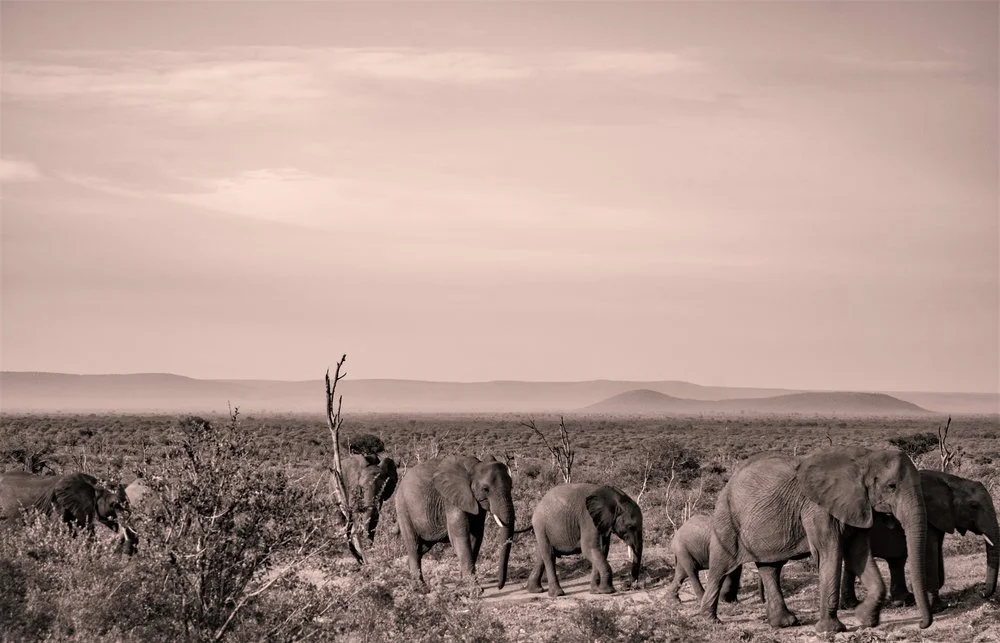Safari Tourism May Make Elephants More Aggressive – But It’s Still the Best Tool for Conservation
/Safari Tourism May Make Elephants More Aggressive – But It’s Still the Best Tool for Conservation
By Isabelle Szott, PhD Candidate in Conservation Biology, Liverpool John Moores University and Nicola F. Koyama, Senior Lecturer in Natural Sciences and Psychology, Liverpool John Moores University. First published on The Conversation.
Going on safari in Africa offers tourists the opportunity to see some of the most spectacular wildlife on Earth – including African elephants (Loxodonta africana). Known for their complex social systems, long memory and high intelligence, this species is also threatened by poaching and shrinking habitats, so further disturbance to their precarious existence could have serious consequences.
Wildlife tourism can help protect these animals and their habitat by generating income for conservation and providing stable work in local economies. Countries such as South Africa and Kenya receive two to five million visitors to protected areas each year, generating receipts of up to USD$90m. But as it becomes more popular worldwide, it’s worth remembering that we often don’t know how tourism affects the animals we observe.





